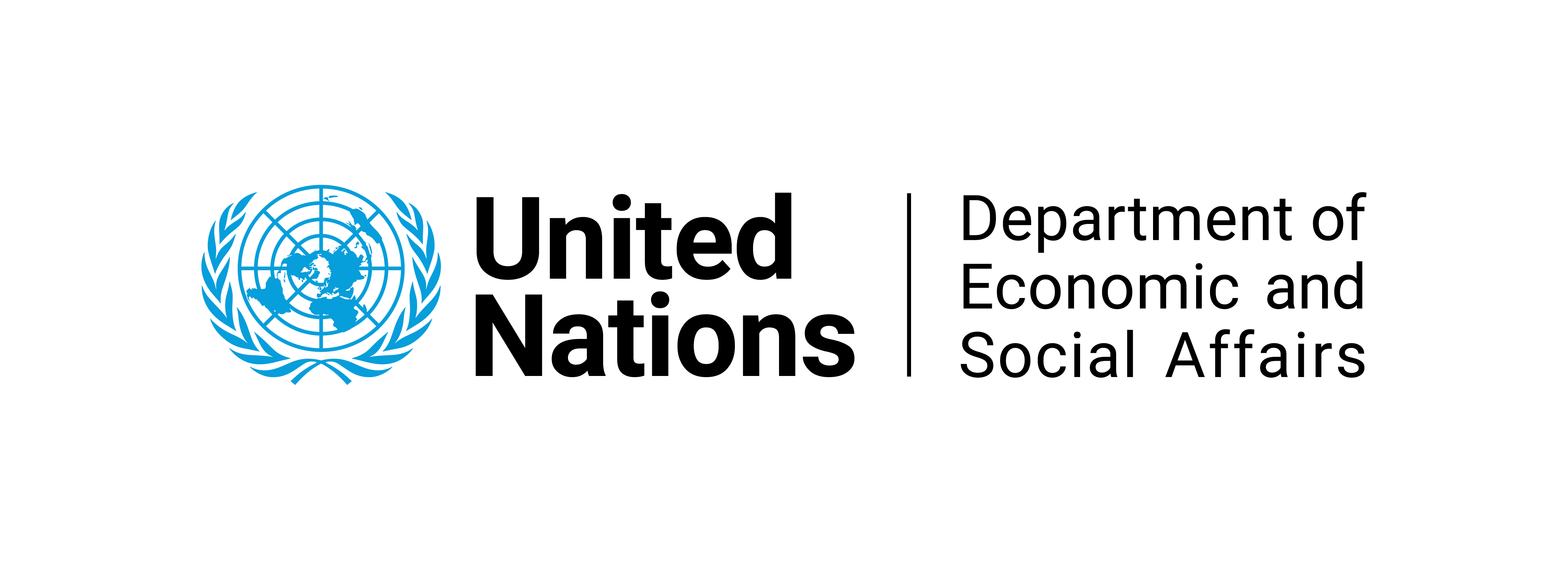7.7 Needs of businesses#
Businesses are both providers of data and users of official statistics. Businesses look to an NSO to obtain the information they need to help them run efficiently and effectively. In particular, they need data to ascertain their business position compared to their competitors in the marketplace and to identify any trends that will have an impact on their operations.
An NSO commonly provides data derived from business surveys censuses and trade data that cover economic and demographic characteristics for businesses that can help an analyst to better understand a particular industry, prospective customers, competitors, internal problems, and markets.
NSO user support to businesses is generally organized to consider the differences between large and small businesses respondent burden (see Chapter 9.2.2 — Survey types).
7.7.1 Large businesses#
In many countries, big businesses represent a disproportionately large share of GDP and therefore neither its requirements for information nor the accuracy and promptness of its responses can be ignored.
For this reason, a number of statistical agencies have instituted a special unit with the exclusive function of managing relations with large businesses. Not surprisingly, the first agencies to institute such units were in those countries with the highest concentration of large businesses. However, the payoff has been so significant that others have followed suit. Today, there are examples of big business units in large and small statistical offices and in industrially advanced as well as emerging industrialised countries.
7.7.2 Small and medium sized businesses#
Small businesses or small and medium-sized enterprises make up the bulk of businesses in most countries. Satisfying the information needs of these businesses can be a challenge for an NSO for a number of reasons. The chief reason is the sheer number of small businesses, meaning that the effort required to respond to their queries will be that much higher than for the relatively much smaller number of large businesses. If a request for data concerns comparable small businesses, for which the specifications could be very detailed, the data can be time-consuming to locate and compile for the NSO support unit that manages business surveys.
The following activities could form part of the user engagement strategy for the businesses:
Interacting with (sectoral) business associations to, among others, communicate messages that are of the interest of the industry. Businesses supply raw data. At the same time, they are users of statistical products and are not always aware of the services provided by an NSO. An NSO can identify and communicate what statistics are used by businesses. With an awareness of the special service provided to business users, survey response rates can improve as a consequence.
Providing guidance to large businesses as to how best to use statistical information. NSOs need to find out whether large businesses are using statistical information, and if not, to find out the reasons why not. NSOs also need to promote the use of statistics for business decision-making.
Arrange training courses, seminars and other events for small businesses in order to help business users, get the best advantage out of business statistics and to better locate, extract and make use of this data.
